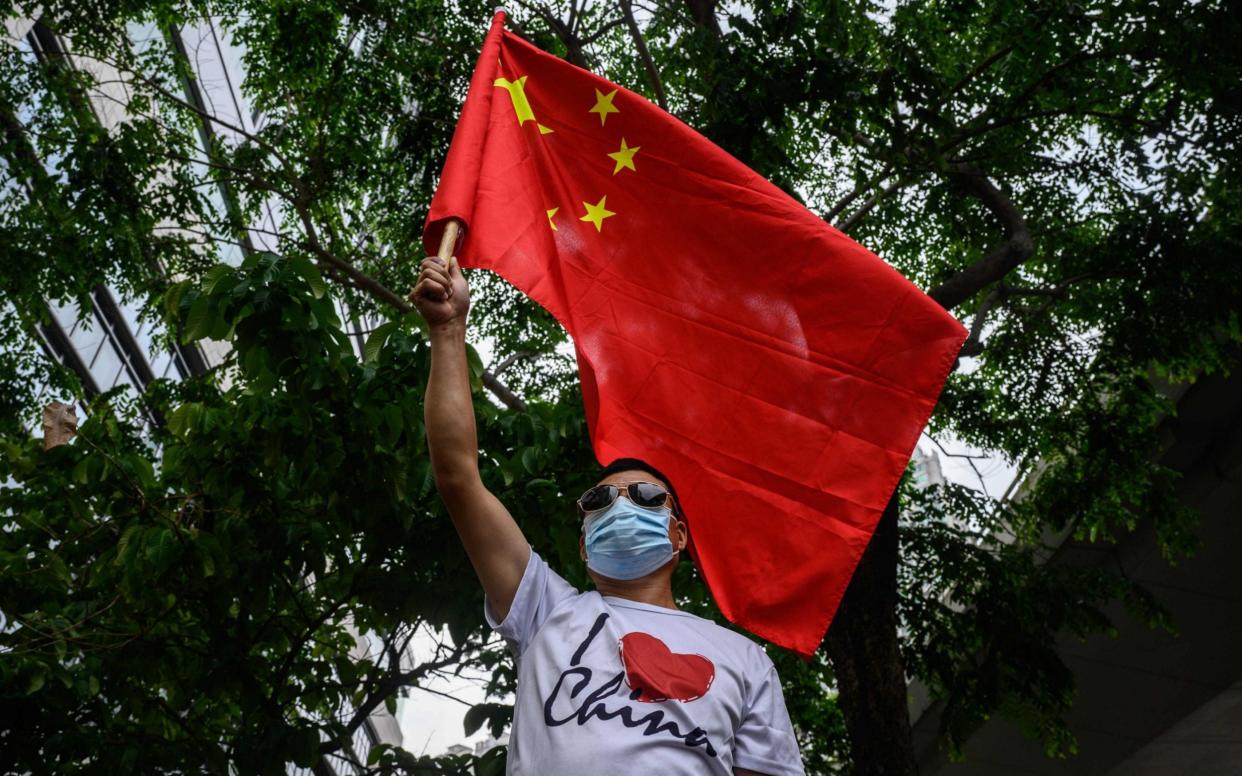Hong Kong passes immigration law with 'exit ban' powers raising fears for activists and journalists

Hong Kong has passed a new immigration law that allows city authorities to bar people from entering or leaving the global business hub, raising concerns that Chinese mainland-style “exit bans” could be used against activists.
Diplomats, rights groups and lawyers have warned that the way the law is worded will give sweeping powers to the city’s immigration chief, who will not need to seek a court order to block people from boarding flights to and from Hong Kong.
City authorities have rejected those concerns, saying the legislation aims to screen illegal immigrants given a backlog of asylum requests and will not infringe on free movement. Officials have also said the ban will only apply to flights heading to Hong Kong.
But government assurances are largely falling flat in Hong Kong where many say the special territory’s unique way of life has disappeared as the ruling Chinese Communist Party tightens its grip.
Beijing imposed a sweeping national security law on Hong Kong last year which criminalises vaguely defined crimes of subversion, secession, terrorism and foreign collusion, punishable by up to life imprisonment.
Authorities continue to defend the law as necessary to restore stability in the city, where mass pro-democracy protests lasted for months in 2019.
But in the ten months since the national security law came into effect, prominent activists, lawyers, journalists and businesspeople have been arrested and detained.
Some of Hong Kong’s opposition lawmakers were disqualified last year with the rest resigning en masse as there was no longer a critical minority in the city legislature to sufficiently filibuster bills.
Now, proposals like the just-passed immigration law to sail through the Hong Kong legislature without challenge.
Exit bans are often used in mainland China against dissidents who challenge the government, or to pressure people abroad to stop their activism by barring their family within China from travel.
These have also impacted foreign nationals, including journalists and businessmen. Irish citizen Richard O’Halloran has been unable to leave China for more than two years after becoming involved in a legal dispute involving the Chinese owner of the Dubin-based company he works for.

